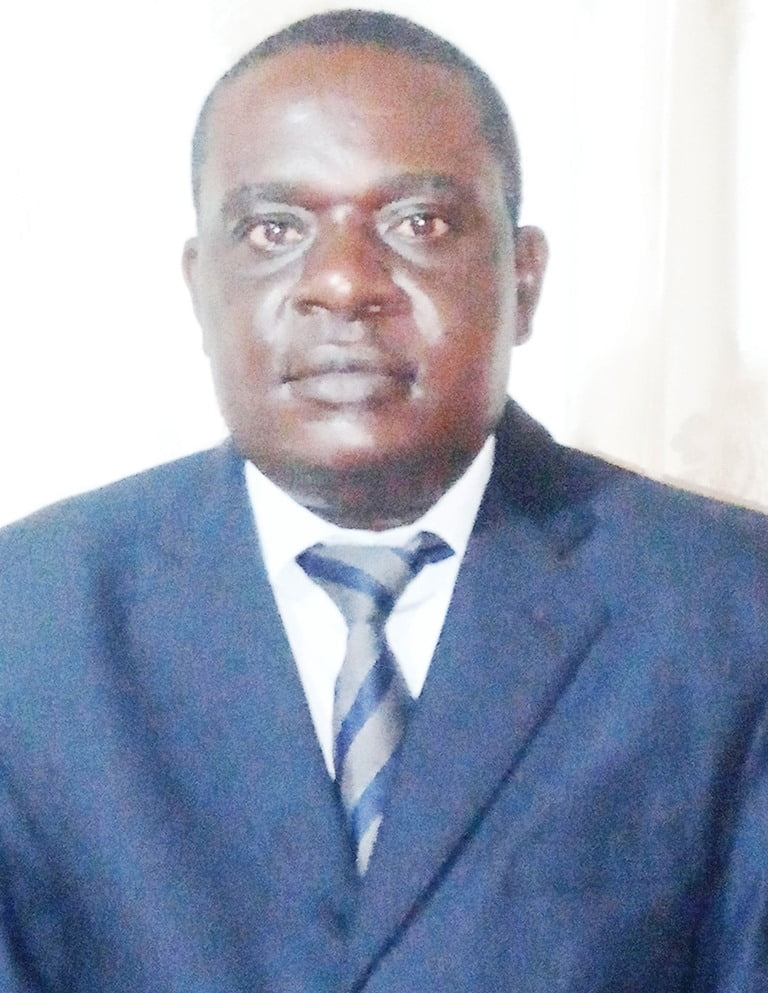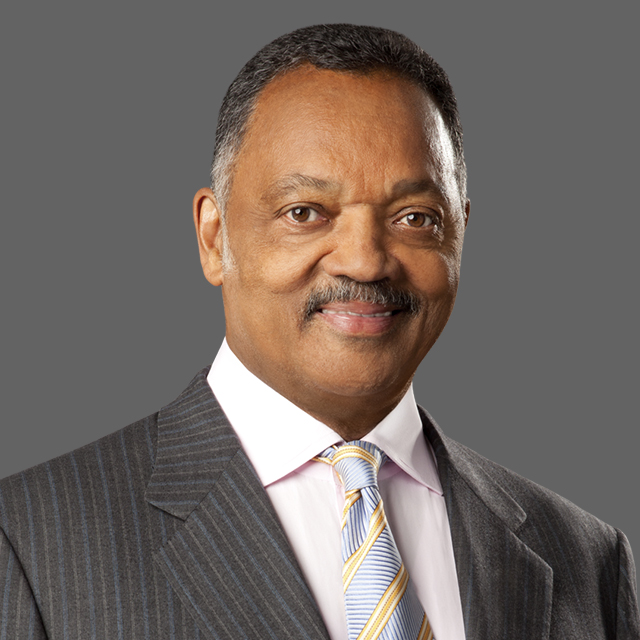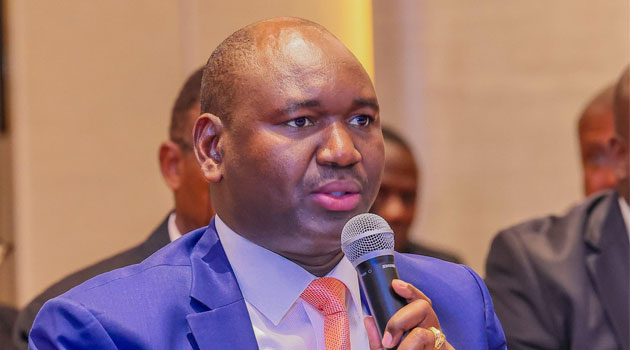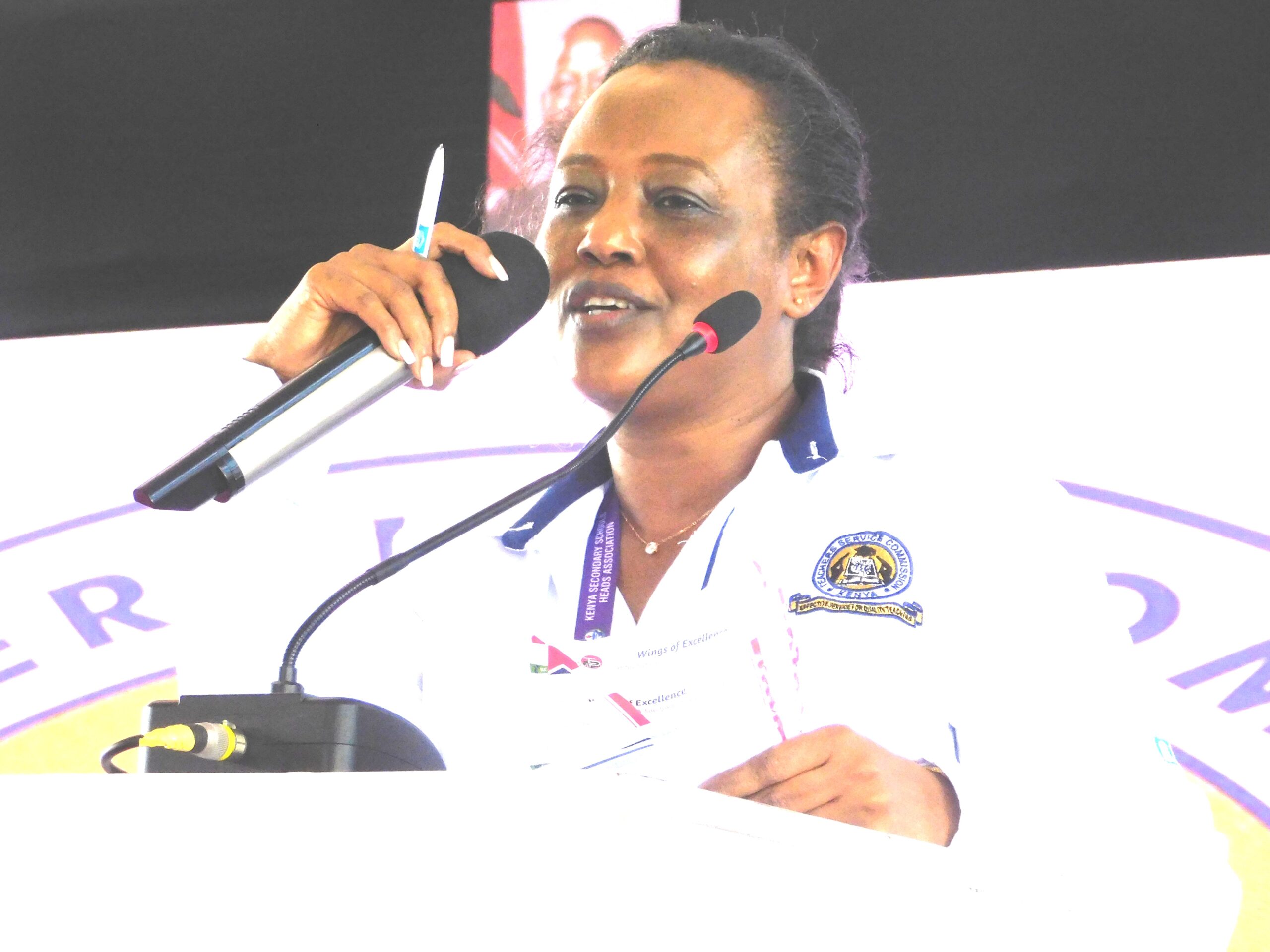By Diperius Wanyonyi
In the recent past, Kenya has experienced school unrest and the government is yet to come up with tangible solutions. Despite the policy framework put in place, Kenyans are still grappling with this challenge.
In my opinion, the correct people to offer solutions to the challenges affecting our education sector are educationists. These are people who have pursued education as a profession and are practicing the same. They are in most cases with their clients hence better placed to understand the situation. Therefore, any moment the teacher is left out or has a feeling of being at the periphery when it comes to policy formulation and implementation, the whole mitigation process is doomed.
Nevertheless, the modern teacher is knowledgeable unlike the teacher during the colonial period or early independent Kenya. The present day teacher is well grounded in content and professional training due to liberalism in higher education and furthermore the advanced teacher training colleges and universities. Therefore, they crave acknowledgement and recognition not only in classroom but in the education process.
In contrast, during the colonial period, most of the schools were under missionaries; teaching was not yet bureaucratized and no special arrangements existed to regulate entry. Due to the low level of literacy, for one to teach they were primarily expected to be sufficiently literate and numerate to teach reading, writing and basic arithmetic.
In addition, we had two categories of teachers, pupil teacher (with no formal training) and certified teacher (one year training). Furthermore, those who taught were expected to be men and women of high moral standard who could conduct themselves in a religious manner. Thus, there was a close association between teaching and religion.
Those who chose this occupation were expected to place a relatively low emphasis upon economic (utilitarian) values. They were not expected to fight for better conditions of work, monetary or otherwise. Religious motives were to be held as the main pillars of their inspiration and motivation to work rather than material rewards.
Up 1932, policy formulation in education was done by missionaries and the colonial state. The attitude towards teachers as a class with jurisdiction of practice and authority was barely evident, as teachers were sternly controlled by either the missionaries or the colonial government.
Probably this would have been due to low levels of education and training, which is why they were mere marionettes of colonial education agencies. It can therefore be argued that during this period teaching was far from being a profession but an occupation.
Prior to independence, Makerere College in Uganda trained teachers of Diploma in Education qualification to teach in secondary schools. This was followed by the introduction of Kenyatta College in 1965 and Kenya Science Teachers College in 1966 to train S1 teachers, and then Kenya Technical Teachers College in 1977 to train teachers in technical subjects at Diploma level.
Later on, Makerere University College, and University of Nairobi College started training graduate secondary teachers with Bachelor of Arts /Bachelor of Science qualification in 1966. After the bachelors degree, one would then undertake a post-graduate diploma in education. But this was later to be transformed into the Bachelor of Education (B.Ed.) professional degree qualification in 1970.
This was expanded with the establishment of Kenyatta University College in 1972. Today there are over 60 public and private universities in the country offering different programmes in teacher education. The TSC has also put in place entry regulations to ensure high standards and quality. From the foregoing, the current teacher is a highly trained professional.
Nevertheless, the problem that is facing our education sector, particularly secondary school section, is that the teacher is completely forgotten when it comes to policy formulation and implementation. They are treated as outsiders only brought in at the tail end of the implementation process. Absurdly, non-teachers and non-practising teachers have always been at the helm of everything, swinging in armchairs and assuming a position of impeccable knowledge of matters education.
In other specialties such as medical, legal, and engineering practice, experts are left to do their work; clients and sponsors only wait for prescription. I have heard parents who are non-teachers lecturing teachers on how to teach and even evaluate students.
The state and its education agencies should do genuine consultation with teachers before coming up with impracticable policies. It does not require a taskforce, whose membership would likely be retirees and non-teachers. The modern parent, teacher and child are quite different from the previous generations. Let the state engage teachers in a fact finding mission and ultimately, causes of school tumult and other challenges would be identified and solutions given.
Diperius Wanyonyi, Ph.D Candidate, Moi University Department of History, Political Science and Public Administration. The writer is a researcher and an author. He can be reached on: diperuswanyonyi@gmail.com






